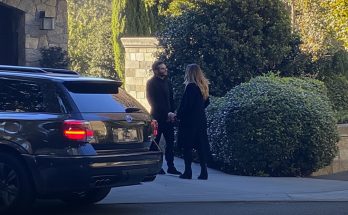These are the fifteen key forecasts that Bill Gates, the co-founder of Microsoft, made at the beginning of the century and which have all since materialized.
Most people will naturally roll their eyes when they hear stories about someone claiming to be able to predict the future.
Many have made numerous claims that they are the “new Nostradamus” or the “next Baba Vanga,” all of which are sufficiently nebulous to be applied to a wide range of circumstances. When one of these claims turns out to be accurate, they then say, “See, I told you so.”
You know, eventually something will stick if you hurl enough crap at the wall, and so on.
Tech tycoon Bill Gates is one person who has managed to defy this pattern and join The Simpsons creators in accurately predicting the future. In his 1999 book Business @ the Speed of Thought, Gates made some audacious forecasts regarding technology improvements.
Even though the 68-year-old co-founded Microsoft, giving him an advantage over most of us, it’s still very remarkable that so many of his forecasts came to pass.
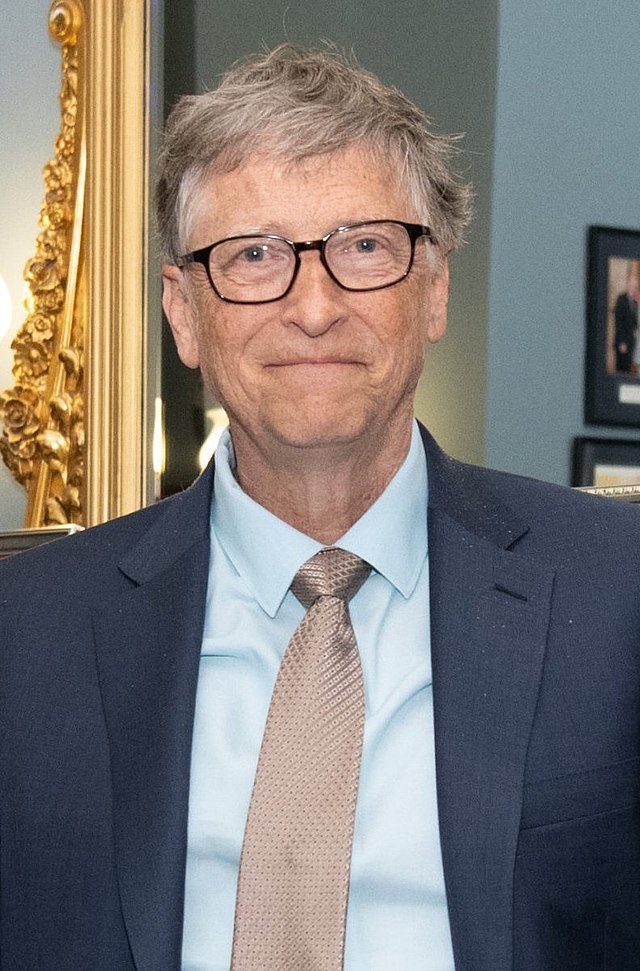
After the debut of his most recent Netflix documentary, What’s Next? Let’s review 15 of Bill Gates’ forecasts from The Future that have been ingrained in our daily lives:
Price comparison sites
It is now quite simple to find the greatest deal on anything from a credit card to new sneakers or travel insurance thanks to price comparison websites like Compare the Market, MoneySupermarket, and Google Products. What Gates said about it was as follows:
“Automated price comparison services will be developed, allowing people to see prices across multiple websites, making it effortless to find the cheapest product for all industries.”
Mobile phones
Though most people with mobile phones were carrying around Nokia, Siemens, or Phillips devices back in 1999, it’s the first thing we grab in the morning and where most of our lives are kept.
They may have made for a great game of Snake, but they don’t compare to the products available now.
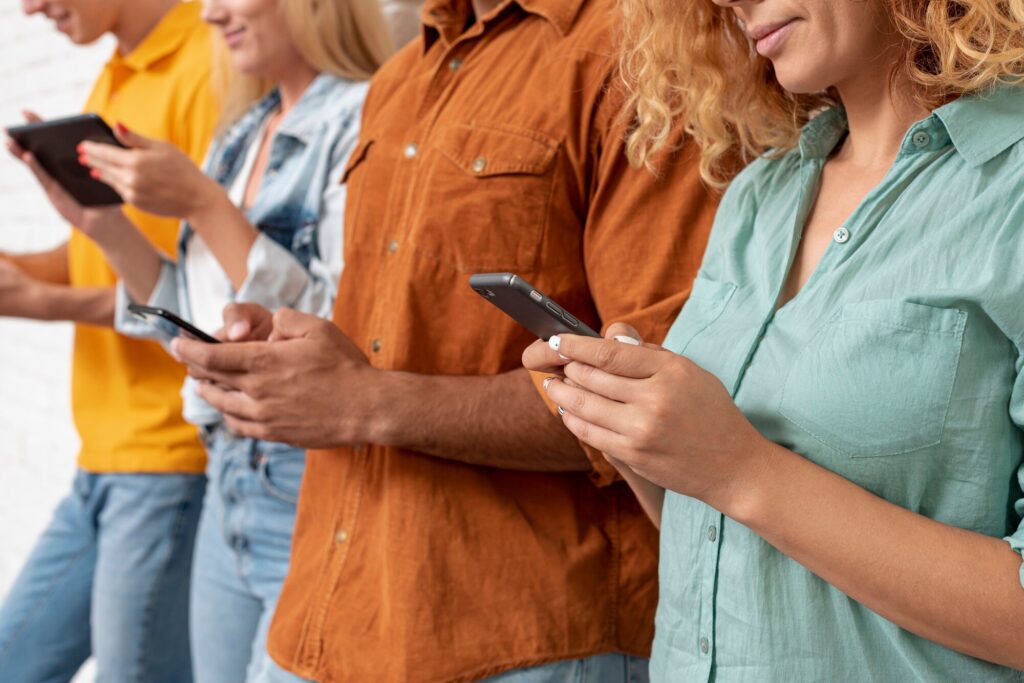
When he discussed his ideas on the subject in his book, Gates undoubtedly recognized the potential in mobile devices.
The father-of-three said: “People will carry around small devices that allow them to constantly stay in touch and do electronic business from wherever they are.”
“They will be able to check the news, see flights they have booked, get information from financial markets, and do just about anything else on these devices.”
Online finance
Those days are long gone, yet there was a time when large financial transactions were handled only through your local bank.
Just as Gates predicted, we can now use the internet to check our bank balance, give money to pals, and make purchases while we’re on the go.

He also made the reasonable prediction that some parts of the medical industry would follow the times and go online, given that companies now provide date-driven healthcare, online consultations, and digital prescriptions.
The Microsoft co-founder predicted: “People will pay their bills, take care of their finances, and communicate with their doctors over the internet.”
Virtual assistants
Gates predicted that by now we would all have an automated little helper, even though he didn’t quite state that we would all be yelling “Alexa” at the top of our lungs and asking a small round device to tell us a hilarious joke.

The tech mogul believed that ‘personal companions’ would arrive to make everyones lives easier in the coming years, saying: “They will connect and sync all your devices in a smart way, whether they are at home or in the office, and allow them to exchange data.”
“The device will check your email or notifications, and present the information that you need. When you go to the store, you can tell it what recipes you want to prepare, and it will generate a list of ingredients that you need to pick up.”
“It will inform all the devices that you use of your purchases and schedule, allowing them to automatically adjust to what you’re doing.”
Home-monitoring systems
It turns out that Gates anticipated the arrival of technologies like Google Nest and Ring doorbells, perceiving them as an improved form of security camera.
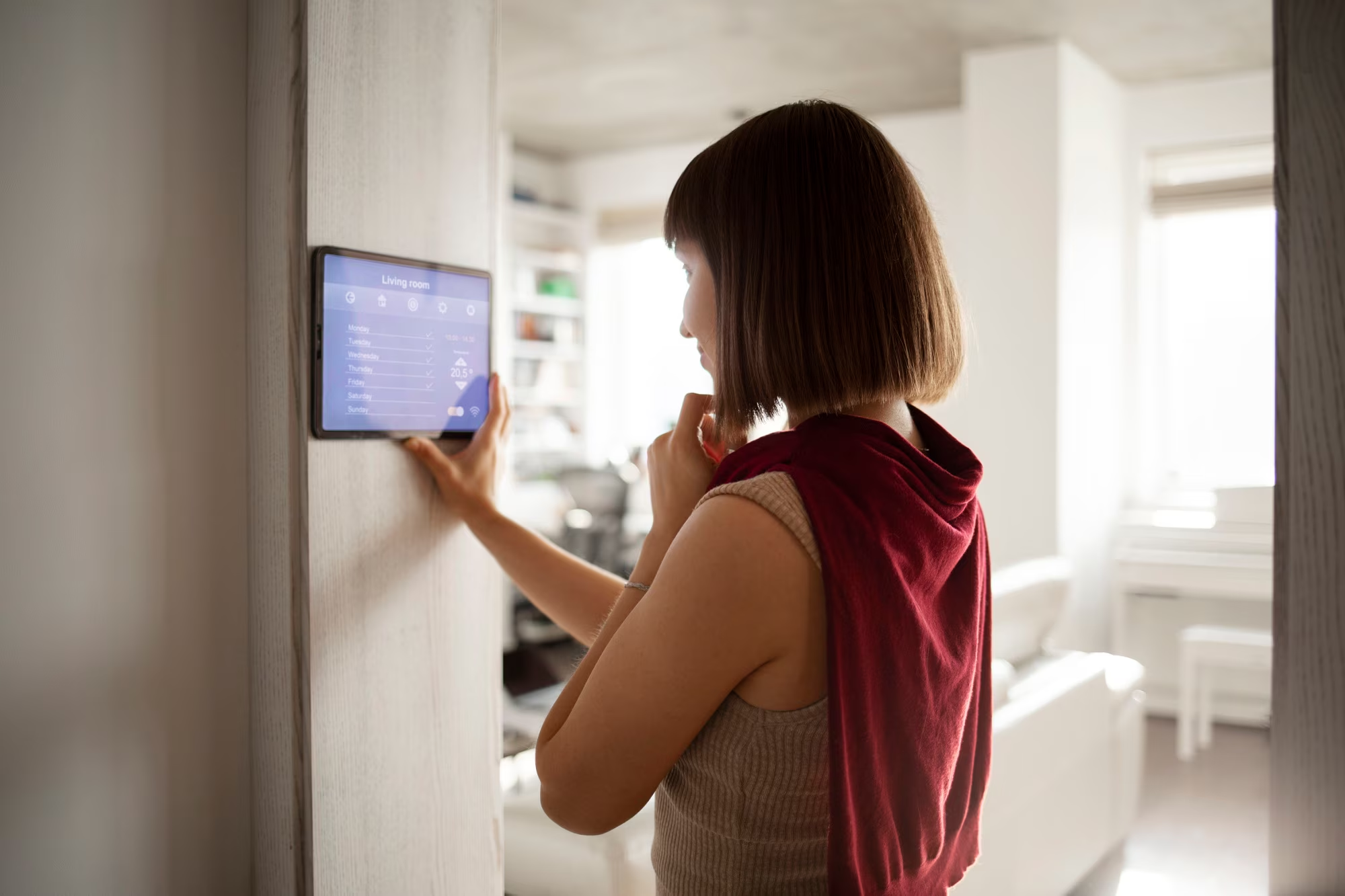
“Constant video feeds of your house will become common, which inform you when somebody visits while you are not home,” he stated.
Even if he didn’t foresee that we would be able to keep an eye on our front doors from the convenience of a smartphone app, his prediction was still rather accurate.
Social media
In 1999, you would typically have to travel to see your pals in person or make a phone call. However, this did not stop Gates from envisioning a hyperconnected world in which everyone lives.
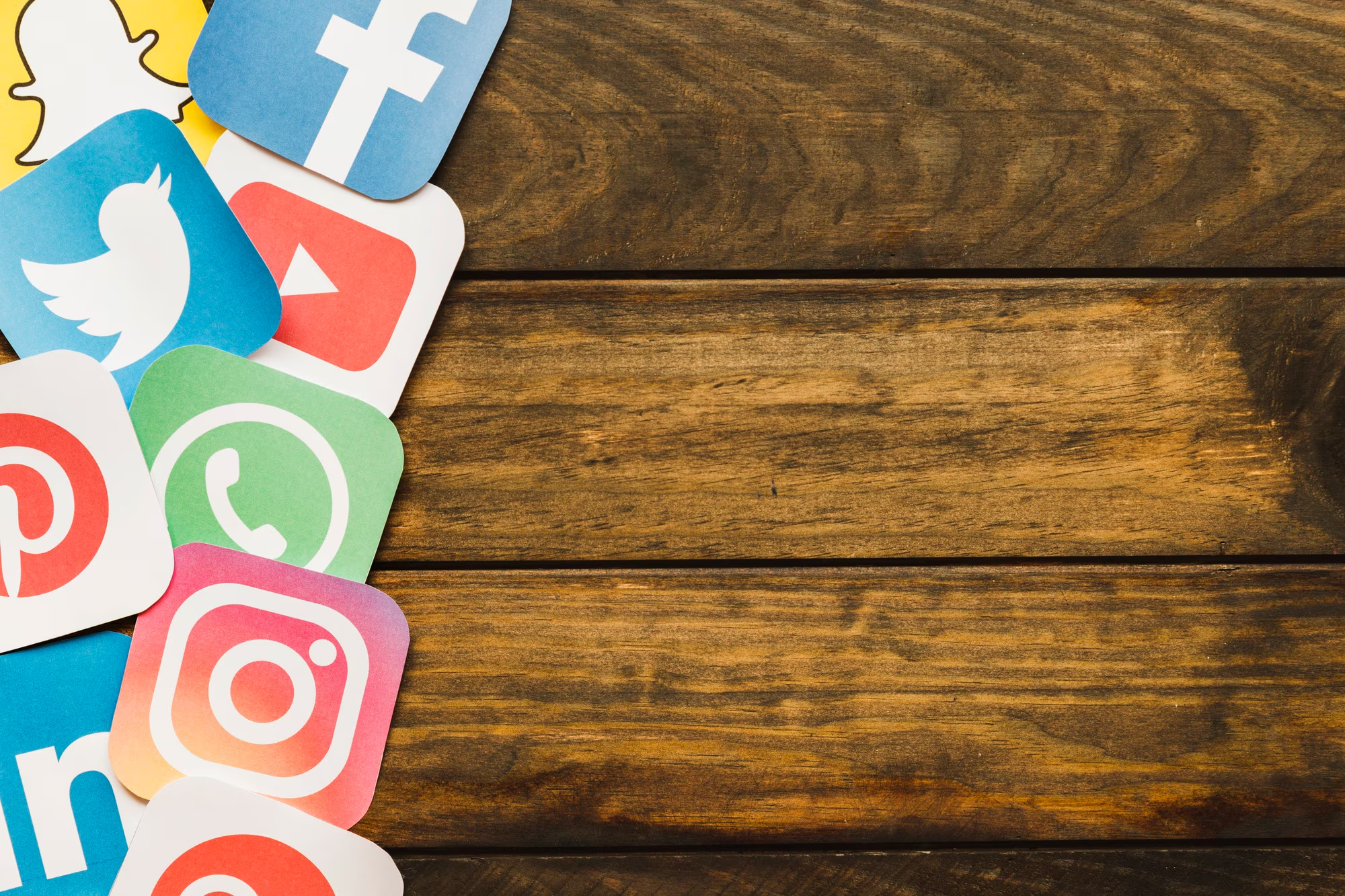
“Private websites for your friends and family will be common, allowing you to chat and plan for events,” he stated.
Although social media isn’t quite a “private website,” we can stay in continual communication with both large and small groups thanks to apps like Twitter, Instagram, and TikTok, as well as messaging services like Telegram and WhatsApp.
Auto-generated adverts
Predicting the rise in auto-generated ads, he wrote: “Software that knows when you’ve booked a trip and uses that information to suggest activities at the local destination. It suggests activities, discounts, offers, and cheaper prices for all the things that you want to take part in.”

Smart adverts
These days, ads are present everywhere. You may be telling a friend that you’d like a new pair of shoes, and the next minute, Google is displaying pictures of sneakers. Gates also foresaw this.
“Devices will have smart advertising,” Gates said. “They will know your purchasing trends, and will display advertisements that are tailored toward your preferences.”
Sports discussion websites
In 1999, Gates predicted that “While watching a sports competition on television, services will allow you to discuss what is going on live, and enter a contest where you vote on who you think will win.”

Sports fans may discuss contentious occurrences during games and stay up to date on scores thanks to social media.
Links to sites during live TV
Undoubtedly, Gates anticipated that advertisements would take over our lives and that in the future, they would have links that would take viewers to the company’s website, allow them to scan a QR code, or allow them to follow them on social media.
(function(w,q){w[q]=w[q]||[];w[q].push([“_mgc.load”])})(window,”_mgq”);
He stated in his book: “Television broadcast will include links to relevant websites and content that complement what you are watching.”
Virtual discussion boards
“Residents of cities and countries will be able to have internet-based discussions concerning issues that affect them, such as local politics, city planning, or safety,” he stated.
Similar to the emergence of social media, Gates anticipated that the internet would enable us to communicate virtually with one another and talk about the things that are most important to us with our friends and neighbors.
Online communities
Additionally, Gates foresaw a time when geographical boundaries would no longer exist and people would be able to connect with like-minded people anywhere in the world.
“Online communities will not be influenced by your location, but rather, your interest,” he stated.
Who knew that Bill Gates had foreseen Reddit’s ascent?
Project-management software
Apps like Slack, Google Workspace, and Microsoft Teams have undoubtedly made life easier in the modern workplace; but, it turns out that Bill Gates had a plan for the digitization of the office 25 years prior.

Sharing his vision for project management software, he wrote: “Project managers looking to put a team together will be able to go online, describe the project, and receive recommendations for available people who would fit their requirements.”
Online recruiting
Linkedin has changed the game when it comes to obtaining a new job, being informed about the professional activities of both present and previous coworkers, and having a ready-made CV accessible to recruiters. When it comes to professional networking, Gates was undoubtedly aware of the market gap and made the forecast in his book.
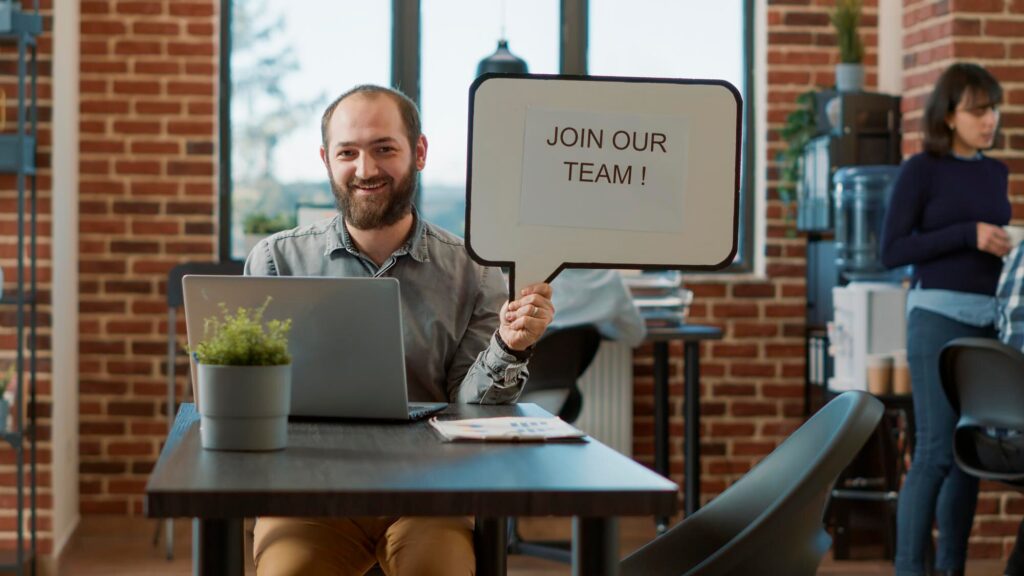
“Similarly, people looking for work will be able to find employment opportunities online by declaring their interest, needs, and specialised skills,” he stated.
Business community software
Gates made the following prediction about business community software in his book: “Companies will be able to bid on jobs, whether they are looking for a construction project, a movie production, or an advertising campaign.”
“This will be efficient for both big companies that want to outsource work that they don’t usually face, businesses looking for new clients, and corporations that don’t have a go-to provider for the said service.”

These days, small businesses can search for clients and freelancers using websites like Craigslist, Fiverr, and Upwork.
What Comes Next? You can watch The Future with Bill Gates on Netflix right now.
Now Trending:
- She Was The Movie Star Whose Sky Blue Eyes Drove People Wild – Better Sit Down Before Seeing Her Today At 76
- After All The Rumors About J-Lo And Ben Affleck’s Divorce, Jennifer Garner Has Made A Huge Decision
- After 43 Years, Pat Sajak’s Time As Host Of ‘wheel Of Fortune’ Has Come To An End
Please SHARE this story with Family and Friends and let us know what you think in comments

